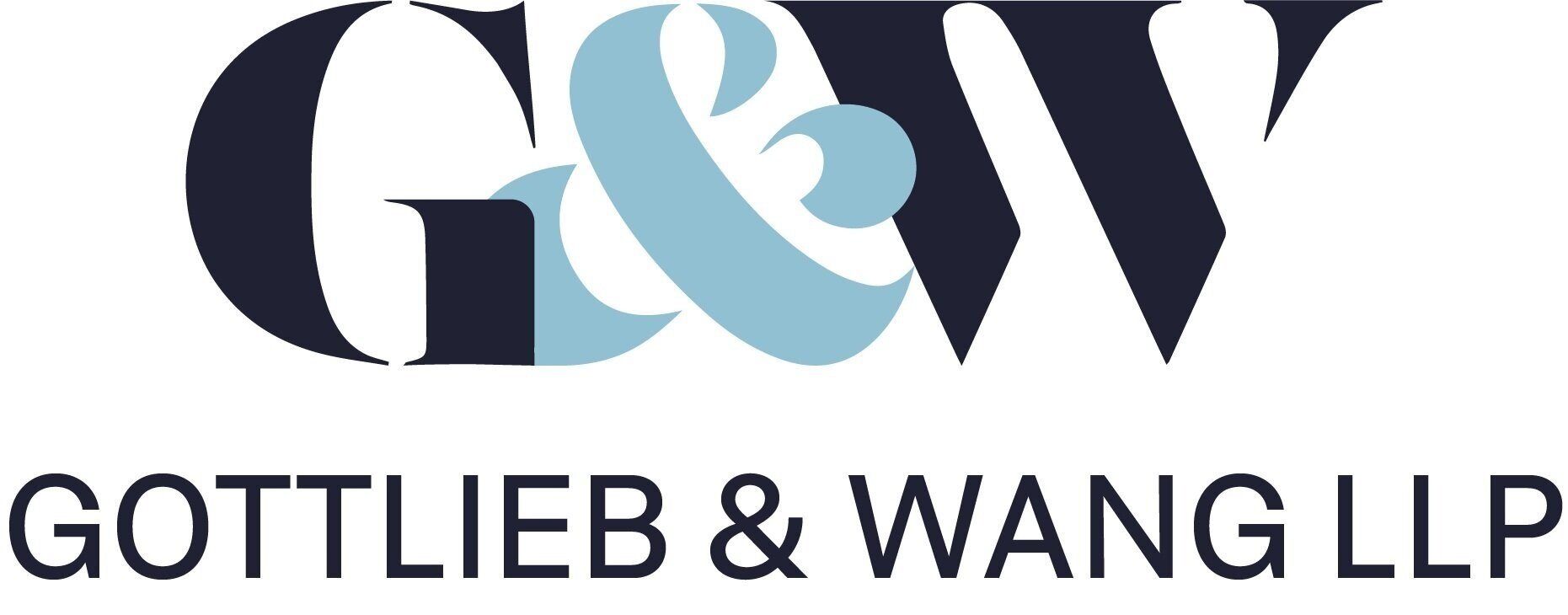Recently, I had the privilege of presenting on the topic of special education law to a group of school teachers and administrators. It is important to approach this topic with the following foundational understanding:
General education is not mutually exclusive from special education. Many children with disabilities go through school with their disabilities undiagnosed or improperly identified. These children might simply present as students who struggle to self-organize. Their grades might slip without them ever failing enough to be noticed. They may develop anxiety or oppositional behaviors as adolescents, stemming from their difficulty with seemingly simple academic tasks.
Read More







